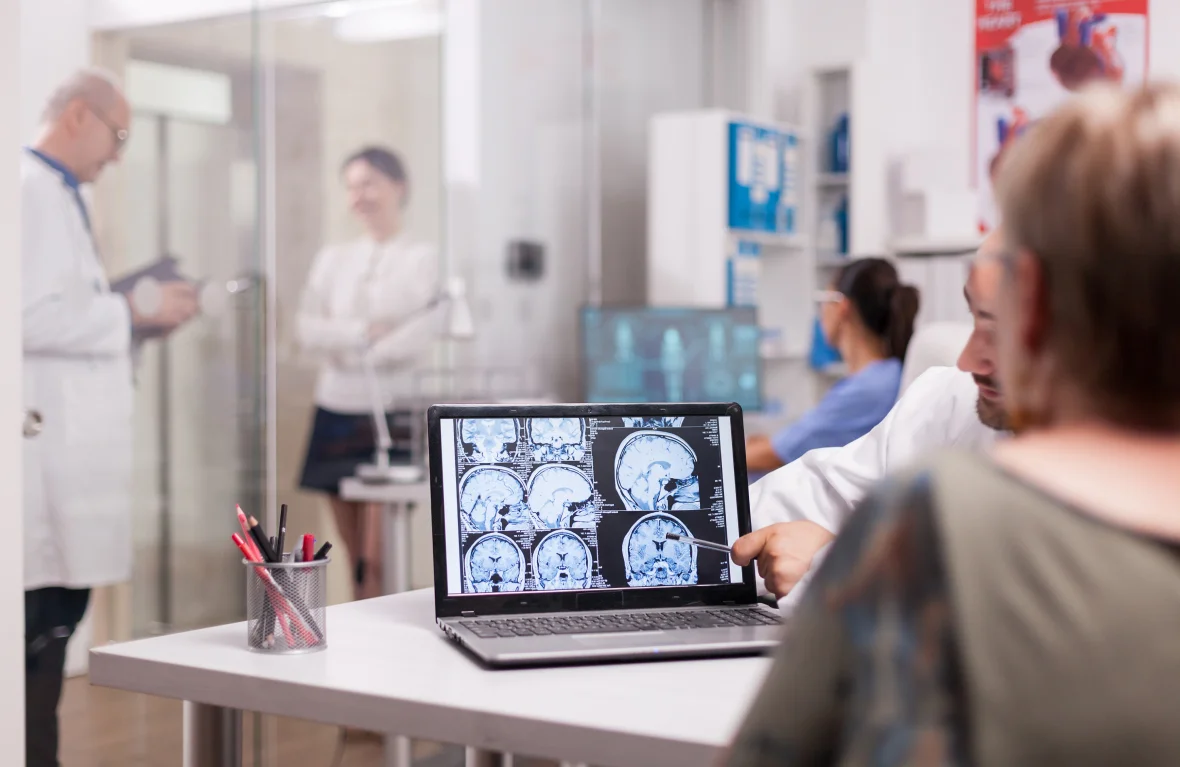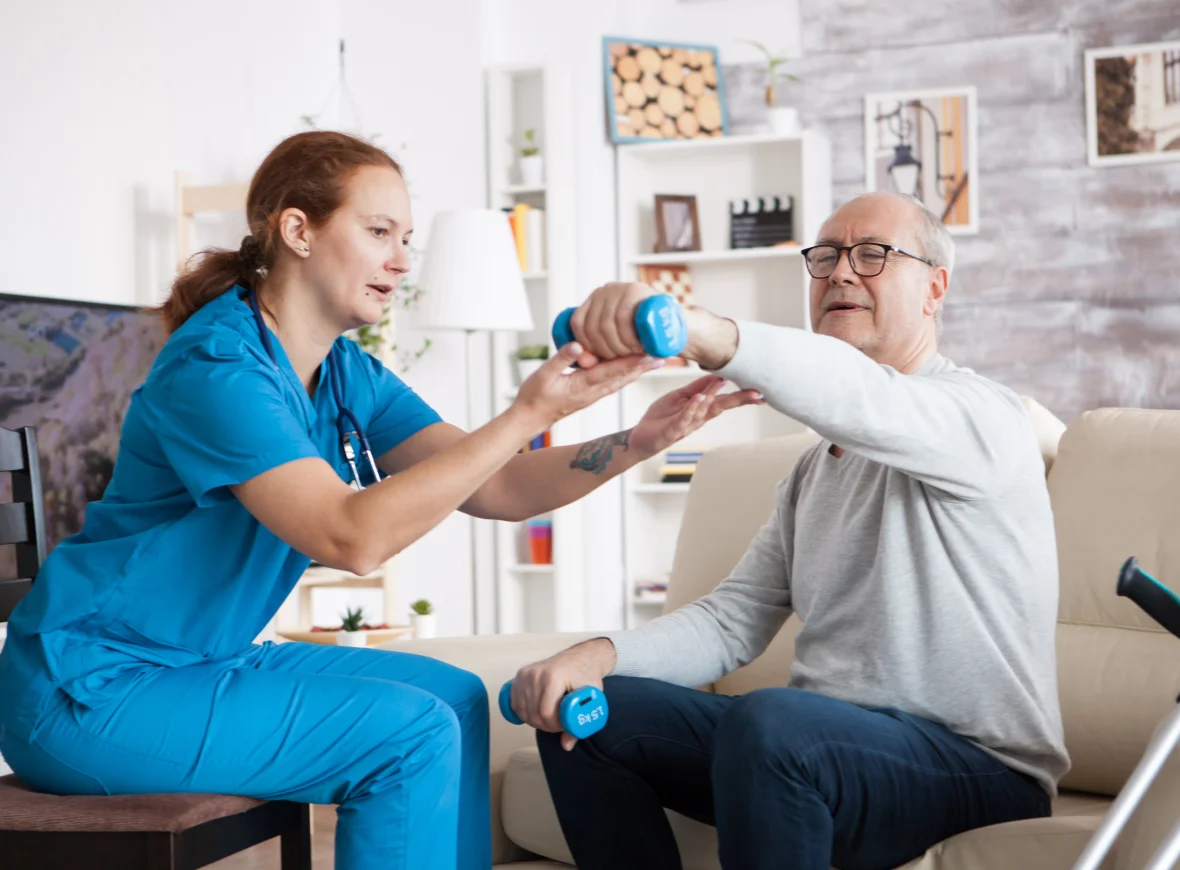IntroductionAcquired Brain Injury (ABI) affects millions of people worldwide, leaving individuals and their families with unique challenges. Unlike traumatic brain injuries that occur from external forces, ABI often results from internal factors like stroke, infections, or a lack of oxygen. These injuries can impact cognitive abilities, physical skills, emotions, and behavior, making it essential for …
Introduction
Acquired Brain Injury (ABI) affects millions of people worldwide, leaving individuals and their families with unique challenges. Unlike traumatic brain injuries that occur from external forces, ABI often results from internal factors like stroke, infections, or a lack of oxygen. These injuries can impact cognitive abilities, physical skills, emotions, and behavior, making it essential for patients to receive specialized, ongoing care. ABI has a profound effect on both the patients and their families, altering daily life and long-term plans. Comprehensive ABI care focuses on helping individuals regain independence and improve their quality of life through personalized, supportive environments.
- Post-Acute Rehabilitation
After the initial medical treatment, post-acute rehabilitation is a crucial stage in the ABI recovery journey. It provides targeted therapies to address both cognitive and physical challenges. Through structured programs, patients receive support in regaining motor skills, memory, problem-solving abilities, and emotional balance. Specialized therapists—such as physical, occupational, and speech therapists—work together to promote the patient’s physical and cognitive recovery. Post-acute rehabilitation bridges the gap between acute medical treatment and the journey toward self-sufficiency, laying the groundwork for long-term progress. - Supported Living Services
Supported living environments are designed specifically for ABI patients who need continuous assistance and a stable environment. These facilities offer a safe, structured setting where individuals can receive ongoing support while working toward their personal goals. Unlike traditional rehabilitation centers, supported living services cater to the unique needs of ABI patients, helping them build routines, develop life skills, and participate in activities that boost self-confidence and social engagement. By providing a secure and nurturing space, supported living environments allow patients to thrive with dignity and autonomy. - Long-Term Care for ABI
For many ABI patients, lifetime support is necessary to manage the complexities of their condition. Long-term care addresses not only the physical and cognitive aspects but also the emotional and psychological needs of patients. These programs include continuous assessments, personalized care plans, and therapeutic interventions that evolve as patients’ needs change. Long-term care also offers stability and peace of mind to families, knowing their loved ones are in a safe and supportive environment. This comprehensive approach ensures that ABI patients can live fulfilling, productive lives with the assistance they need.
Benefits of a Specialized ABI Community
Specialized ABI communities play a significant role in the recovery and well-being of patients. By fostering connections among residents who understand each other’s struggles and successes, these communities create a unique support network. ABI-specific communities offer a niche environment where patients can receive patient-centered, compassionate care. The focus on shared experiences and tailored support helps residents feel understood and empowered. This approach not only aids in rehabilitation but also builds a sense of belonging and emotional resilience.
Conclusion
Comprehensive ABI care is essential for helping patients rebuild their lives and regain a sense of purpose. With post-acute rehabilitation, supported living services, and long-term care options, ABI patients can access the resources needed for a fulfilling life. Families are encouraged to explore ABI care options that prioritize patient well-being and quality of life, ensuring their loved ones receive the best possible support on their recovery journey.




